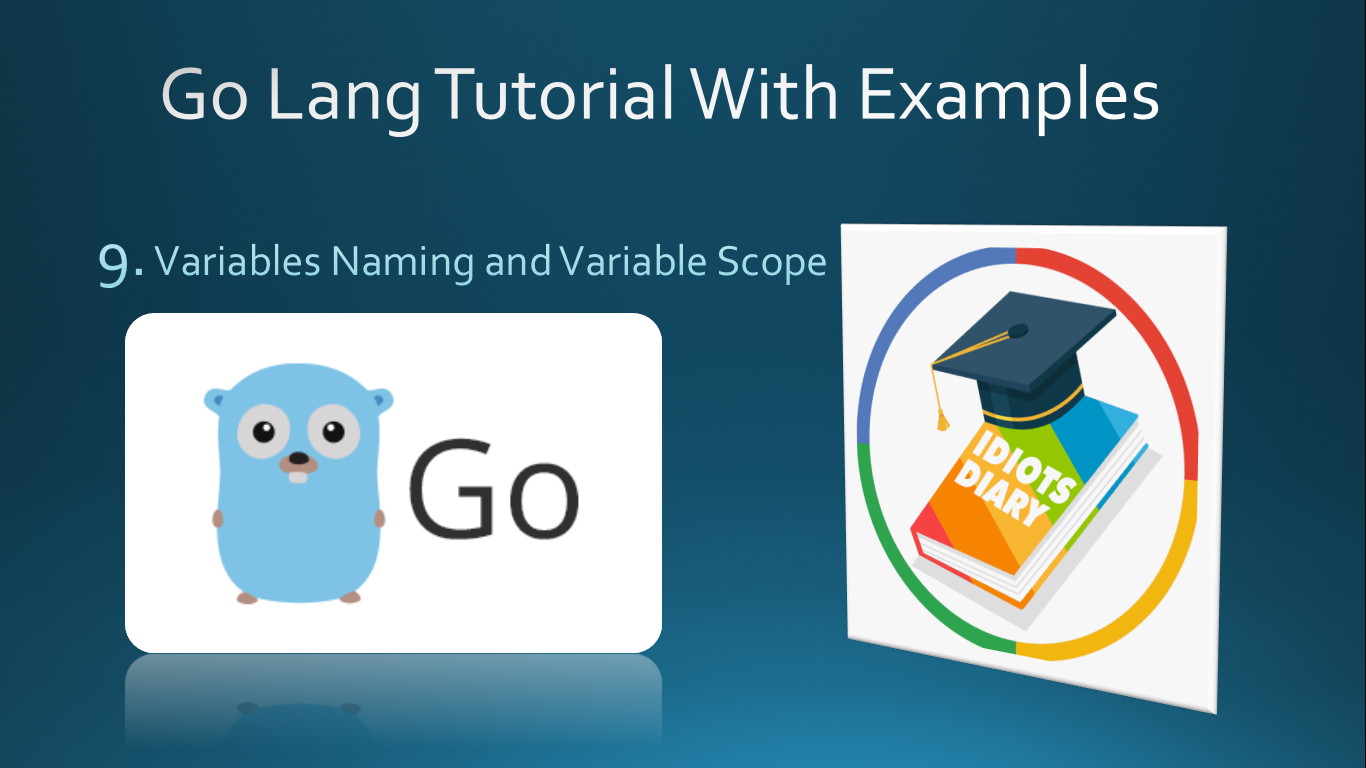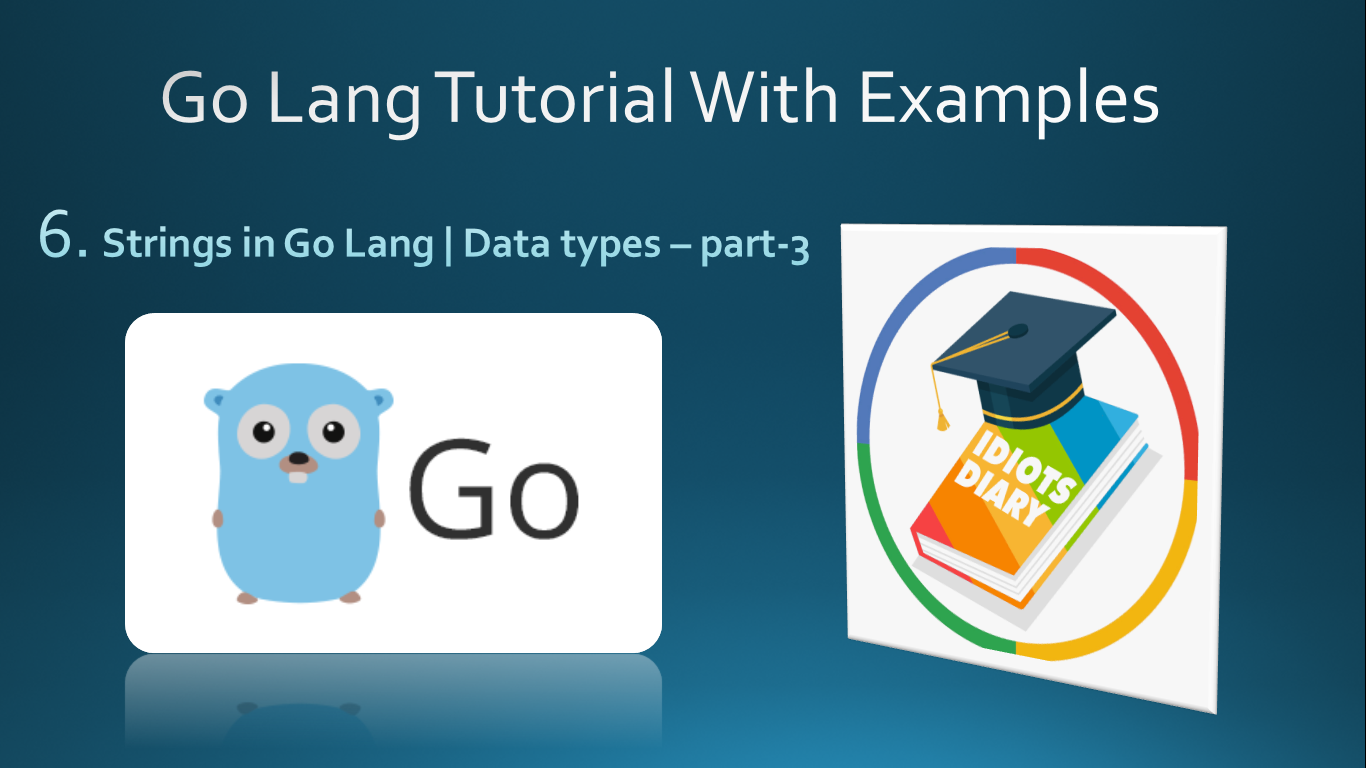Relational Operator
Relational operators are used to perform a logical test or create a condition. List of the logical operator is as given below...
| Relational opertor |
Meaning |
| > |
Greater Than |
| < |
Less Than |
| >= |
Greater Than or Equal to |
| <= |
Less Than or Equal to |
| == |
Equal to |
| != |
Not euqal |
- Every relational operator returns true or false.
- In C any non-zero is treated as true and zero is treated as false.
- In C if any expression evaluated true then system returns 1 otherwise return 0.
- Relational operator are evaluated from left to right.
Example-1
printf("%d",5>2); //print 1
Example-2
printf("%d",5>2>1); //print 0
//first 5>2 evaluated true and returns 1 and then result of this expression is compared with next 1, that is evaluated false.
Logical Operator
- &&(And) ||(Or) !(not) are the 3 logical operators.
- &&(and), || (or) are used to combine two or more conditions.
- Each condition can be true or false, so what will be the output of the combination made by logical operator &&(and) , ||(or). This is decided by truth table.
- truth table is the combination of conditionsa and their results as shown below...
| C1 |
C2 |
C1 && C2 |
C1 || C2 |
| F |
F |
F |
F |
| F |
T |
F |
T |
| T |
F |
F |
T |
| T |
T |
T |
T |
Examples of Relational Operator
int a = 5, b = 6, c;
c = a > 2 && b > 3;
printf("%d %d %d",a,b,c);//5 6 1
int a = 5 , b = 6, c;
c = a > 2 || b < 8;
printf("%d %d %d",a,b,c);//5 6 1
printf("%d",5 && 6);//1
//In c any non-zero is treated as true. because 5 and 6 are non-zero so both are true,so the result is true that is 1.
int a = 5, b = 6, c;
c = a > 2 || ++b;
printf("%d %d %d",a,b,c);//5 6 1
Logical operator are short circuit operator means or(||) operator returns true as soon as if first condtion is true, and(&&) operator returns false as soon as first condition is evaluated false.
Not operator
- Not operator just negates the result as the following truth table shown...
Example of not operator
int a = 5, b;
b = !a > 2;
printf("%d %d",a,b);// 5 0
//(not) have the greater precedence then (>). so first the !a is evaluated and results 0. After than 0>2 is evaluated that is false.
int a = 5, b;
b = !(a > 2);
printf("%d %d",a,b);// 5 0








Comments